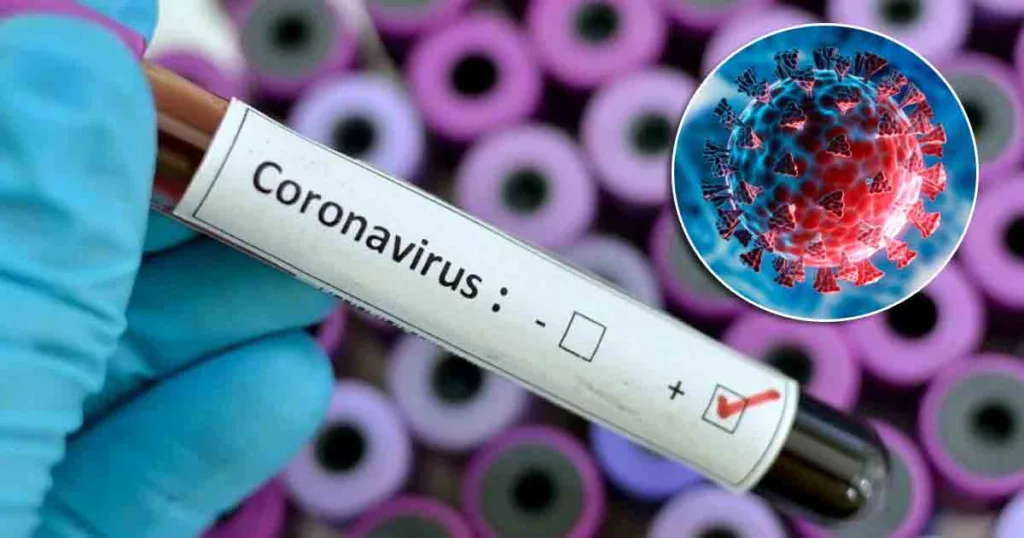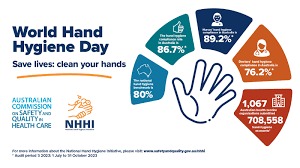Scientists develop new class of antiviral drugs against COVID-19 infections

A groundbreaking study from the University of Alberta in Canada has unveiled a potential game-changer in the fight against COVID-19—an innovative class of antiviral drugs that could prevent or treat infections caused by the SARS-CoV-2 virus. Published in the prestigious journal Nature, the research reveals the virus’s ability to activate a cellular pathway that obstructs the production of peroxisomes and interferon, critical elements of the normal immune response.
This novel approach centres around the stimulation of interferon production by the newly discovered antiviral drugs, effectively counteracting the virus-induced pathway hindrance. Interferon plays a pivotal role in halting infected cells from generating more viruses, leading to the shutdown of infected cells, often resulting in their demise. Moreover, interferon acts on surrounding cells, creating a protective shield against further infection. The study builds on earlier research from the same team, which identified how the HIV virus employs a similar pathway to suppress peroxisome production, ultimately inhibiting interferon.
In the experimentation phase, the researchers tested 40 existing drugs that target the Wnt/β-catenin signalling pathway, a critical component of the identified cellular pathway. Most of these drugs were initially developed and tested for cancer treatment, as cancer often responds positively to elevated interferon production. Encouragingly, three of the drugs exhibited a significant reduction in virus levels within the lungs during testing, with one drug showcasing effectiveness in minimizing inflammation and other clinical symptoms in mice.
Lead author of the study, Professor Tom Hobman, emphasized the remarkable outcomes, stating, “We saw, in some cases, a 10,000-fold reduction in the amount of virus produced in a test tube, and when we went into a mouse model, the drugs prevented severe weight loss, and the mice recovered much quicker.”
The potential application of this approach as a first-line defence against emerging viruses during outbreaks is particularly promising. The proposed strategy involves individuals exposed to or experiencing early symptoms of a viral outbreak taking a four- or five-day course of these antiviral drugs. Notably, in the absence of viral infection, no interferon is produced, presenting an elegant and targeted solution to combatting viral infections.
As the world continues to grapple with the challenges posed by infectious diseases, this groundbreaking research offers a glimpse into a future where innovative antiviral drugs may significantly alter the landscape of viral infection prevention and treatment.








